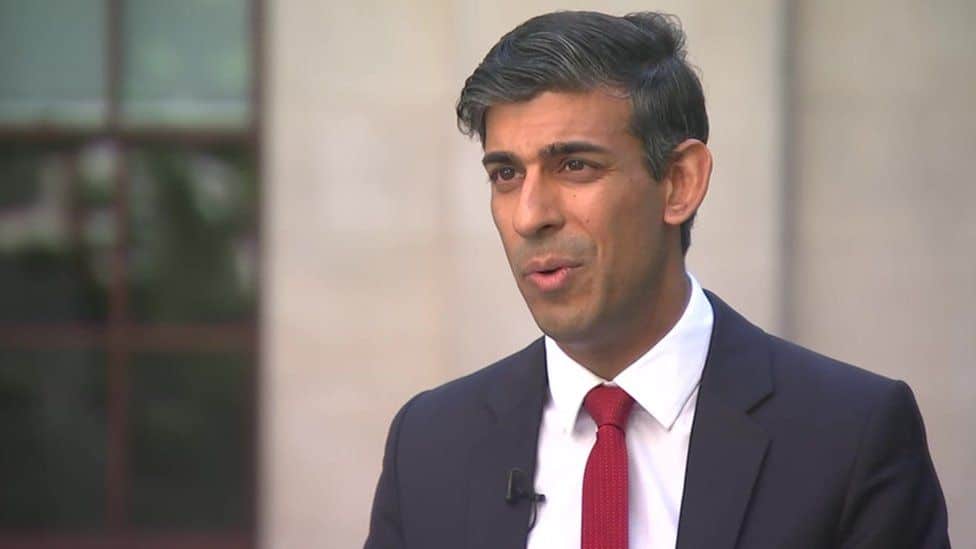Nigeria News
Rishi Sunak: Ten Things You Should Know About 42-Year-Old Youngest UK Prime Minister In Modern History

British Conservative, Rishi Sunak has emerged UK’s prime minister, replacing Liz Truss as the country faces a severe economic crisis.
Naija News earlier reported that the latest development was disclosed in an announcement made by Sir Graham Brady after only one nomination was received by the 1922 Committee for the new leader of the party and backed by 100 MPs.
Brady, therefore, declared Sunak to be the next party leader, and consequently the new Prime Minister.
Below are ten things you should know about the youngest UK prime minister in modern history.
1. Rishi Sunak was born May 12, 1980, in UK Southampton to an Indian family.
2. His grandparents emigrated from Punjab, in northwestern India, to East Africa, where his mother and father were born in Tanzania and Kenya, respectively.
3. He obtained his degree at Winchester College, where he studied philosophy, politics, and economics (PPE) at Lincoln College, Oxford.
4. After graduating from Oxford in 2001, Sunak became an analyst for Goldman Sachs.
5. In 2009, Sunak married his wife, Akshata Murthy, who he met during his MBA at Stanford University.
6. In 2010 he began working for the Conservative Party and he also became involved with Policy Exchange, a leading Conservative think tank.
7. In 2014 Sunak was chosen as the Conservative Party’s candidate for the House of Commons representing Richmond in North Yorkshire.
8. In January 2018 he was appointed to his first ministerial post as undersecretary of state at the Ministry of Housing, Communities and Local Government.
9. Sunak became a vocal supporter of Boris Johnson’s pursuit of the party’s leadership, and, when Johnson became leader and prime minister, he rewarded Sunak with a promotion, appointing him chief secretary to the Treasury in July 2019.
10. In April 2022 Sunak was fined by the police for having been among the guests at a birthday party for Johnson at his office in 2020 in violation of the government’s rules against social gatherings at that stage of the pandemic.


